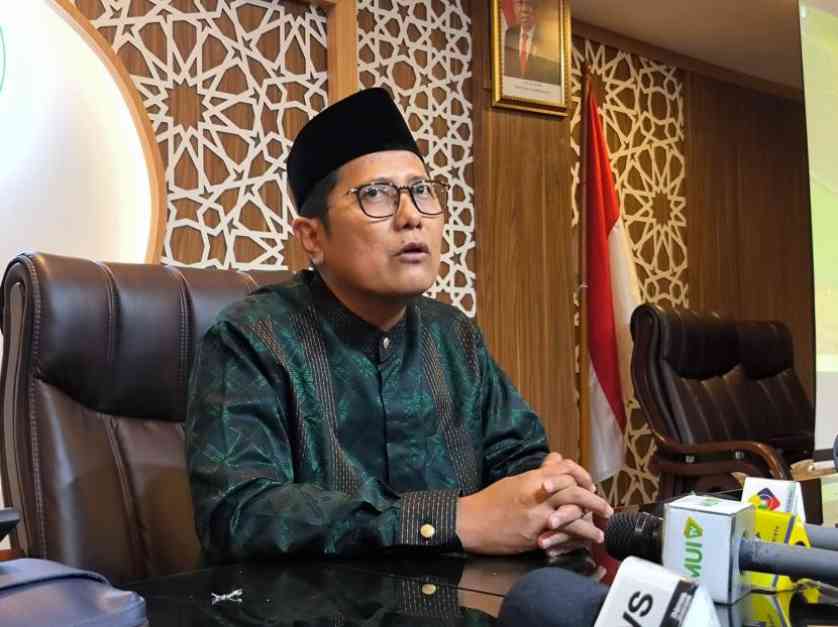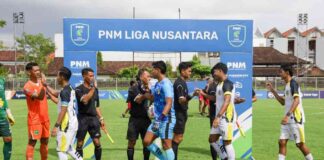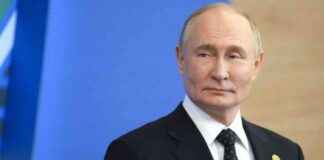A Discussion on Tackling Digital Hoaxes: Insights from MUI
In a bustling city like Jakarta, where information flows freely through the digital realm, the prevalence of hoaxes has become a growing concern. The Majelis Ulama Indonesia (MUI) recently organized a Focus Group Discussion (FGD) titled “Pengendalian Informasi Hoaks di Era Digital” at Oakwood Hotel in East Jakarta on Thursday, February 21, 2025. This gathering brought together key figures to delve into the steps needed to combat the spread of hoaxes in the digital space, which have been increasingly rampant and detrimental to various aspects of life.
The event featured esteemed speakers such as the Chairman of MUI’s Dakwah and Ukhuwah Division, KH M Cholil Nafis, the Vice Chairman of MUI’s Information and Communication Commission, Ismail Fahmi, and a representative from the Ministry of Digital Communication, Ajeng Riska Rahmadhani. One of the focal points of the discussion was the current era of information, as highlighted by Kiai Cholil. He referred to it as the “electronic age,” characterized by the disruption of information dissemination channels.
In this electronic age, traditional print-based journalism is facing challenges, leading to increased unemployment rates. While electronic media accelerates the flow of information, the uncontrolled nature of information dissemination allows anyone to spread content rapidly. Unfortunately, this lack of control has given rise to a surge in hoaxes in the digital space. These hoaxes permeate public consumption continuously, leading to the acceptance of false information as truth.
From an Islamic perspective, Kiai Cholil emphasized the dangers of hoaxes, as they can threaten the beliefs and interactions of Muslims. To address this issue, all institutions must be vigilant, particularly the Ministry of Information and Digital Communication (Kemkomdigi), which needs to establish regulations to curb the spread of hoaxes in the digital realm. MUI is also actively working to control hoaxes in the digital space through various initiatives, such as issuing fatwas on the jurisprudence of social media and educating religious leaders on social media to help protect the community.
Furthermore, KH Ahmad Zubaidi, the Chairman of MUI’s Dakwah Commission, stressed the importance of controlling hoaxes in the digital era, noting that people often struggle to discern accurate information. “Today, the Dakwah Commission has conducted a focus group discussion on controlling hoaxes in the digital domain. This is crucial because hoaxes have proliferated so widely in the digital space, and our society is no longer capable of distinguishing between true and false information,” remarked Kiai Zubaidi.
Expert Insights: Navigating the Digital Landscape
In a world where information travels at lightning speed, the battle against misinformation requires a multifaceted approach. According to Ismail Fahmi, Vice Chairman of MUI’s Information and Communication Commission, “The digital landscape presents both opportunities and challenges. While it allows for the rapid dissemination of information, it also creates a breeding ground for hoaxes to spread unchecked. Educating the public on media literacy and critical thinking is essential in empowering individuals to navigate this complex digital environment.”
As technology continues to evolve, Ajeng Riska Rahmadhani, a representative from the Ministry of Digital Communication, underscored the need for collaborative efforts to combat hoaxes effectively. “The fight against hoaxes requires a collective effort involving government agencies, religious institutions, and the general public. By working together, we can create a safer online environment and protect vulnerable communities from falling victim to false information.”
Community Engagement: Empowering the Masses
Beyond regulatory measures, community engagement plays a vital role in combating hoaxes. By fostering a culture of skepticism and critical inquiry, individuals can become more discerning consumers of information. As Kiai Cholil aptly puts it, “Empowering the public with the tools to verify information and question its validity is crucial in the fight against hoaxes. Through education and awareness campaigns, we can equip individuals with the skills needed to navigate the digital landscape responsibly.”
In conclusion, the battle against hoaxes in the digital age requires a concerted effort from all sectors of society. By promoting media literacy, fostering collaboration between stakeholders, and empowering individuals to think critically, we can create a more resilient community that is capable of distinguishing fact from fiction in the vast sea of information. Let us work together to safeguard the integrity of information and protect the public from the harmful effects of hoaxes.














